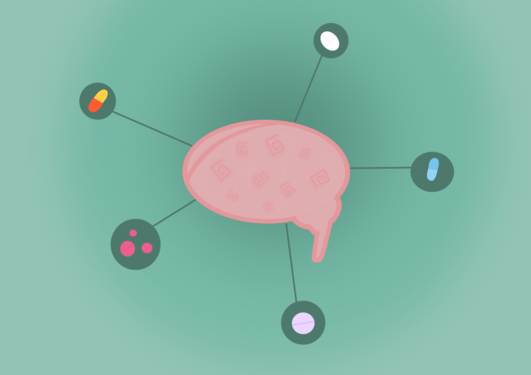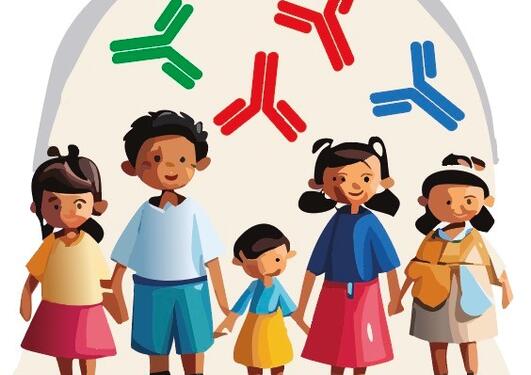Ongoing projects
The centre wants to uncover causal mechanisms with relevance to prevention and clinic for non-communicable diseases. Individual researchers associated with the centre work specifically with diseases of the central nervous system (neurodegenerative diseases, neurodevelopmental disorders, and brain cancer), but the centre wants to develop projects based on the same approaches for other conditions for which the environment has expertise, such as other cancers, cardiovascular disease and birth-related conditions.
Main content
GlioLink, NEDCOM and DRONE are three central, partially funded, projects in the centre. In these projects, we work to uncover causal mechanisms and new treatment principles for glioblastoma, ADHD and autism, and several neurodegenerative diseases based on registry data, clinical data and experimental studies. Other important projects related to the centre are for example the Metabolic Syndrome and Cancer project (Me-Can) and Men´s health and risk of miscarriages and stillbirths (DadRisk).
GlioLink
Glioblastoma is the most common and aggressive primary brain tumor in adults, and responds relatively poorly to today's standard treatment. Blue. Based on laboratory experiments, we have found that specific antipsychotics promote the effect of chemotherapy, which may lead to an improved survival for these patients.
In this project, we will, based on information from the Cancer Registry, the Prescription Register and other national databases, investigate whether the use of antipsychotics and antidepressants is associated with a prolonged survival among patients with glioblastoma. We will also investigate whether the use of these drugs is associated with a lower risk of developing glioblastoma. Several factors that affect the prognosis for patients with glioblastoma will be investigated in supplementary analyzes of clinical data. The drugs identified in the observational studies will be tested and further developed in the laboratory. Since it is likely that the newly developed drugs will not have an effect on all patients, we will also test the effect of the drugs in tissue samples from patients with glioblastoma.
The project is supported by the Norwegian Cancer Society.
NEDCOM
The main purpose of the NEDCOM project is to identify patterns in and understand the causes of comorbidity in the neurodevelopmental disorders ADHD and autism in order to identify new possibilities for prevention and treatment. The project is based on linked data from national health registries and socioeconomic registries and uses epidemiological study designs, causal inference methodology and machine learning to identify patterns in co-morbidity between neurodevelopmental disorders and various psychiatric and somatic diseases, both among individuals and in individuals' families. Hypotheses generated in this work will be followed up to study underlying biological mechanisms and therapeutic possibilities. The follow-up studies will include studies of genetic risk factors in populations across established diagnostic categories and experimental laboratory studies. The function of proven risk genes will be mapped using various experimental systems, including cell models and animal studies. One will further systematically investigate possible pharmacological modification of proven risk genes and their gene products.



